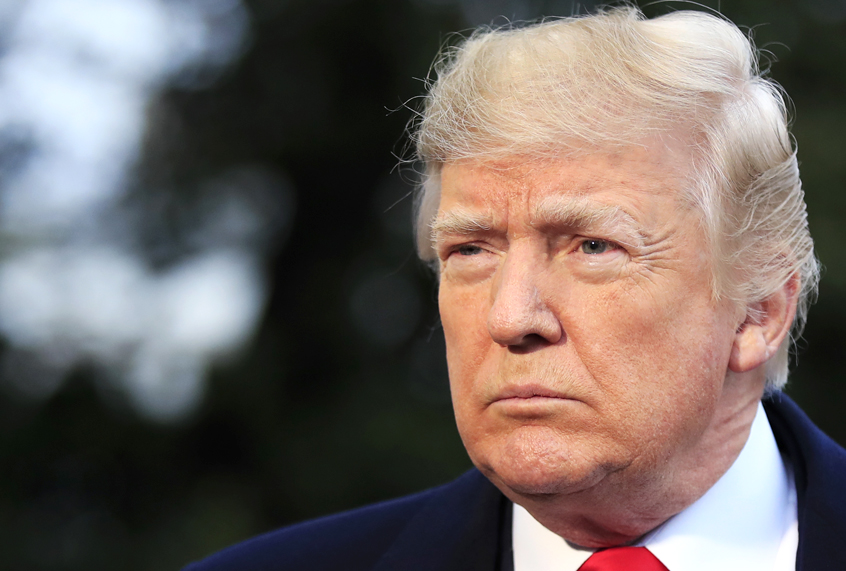Iran is undergoing a widespread of anti-government protests, which some have called the “largest public display of discontent” since the 2009 Green Movement, according to CNN.
On Saturday, the Iranian government reportedly warned against citizens holding these protests, which were originally meant to be pro-government, according to Al Jazeera’s report. There have reportedly been confrontations between protestors at Tehran University and police officials.
Donald Trump took to Twitter to voice support of the protests, saying that Iranian citizens have the “right to express themselves,” ironically positioning himself as a supporter of the First Amendment, something he’s appeared to struggle with throughout his presidency (remember when NFL players took a knee during the national anthem to protest Trump?).
Many reports of peaceful protests by Iranian citizens fed up with regime’s corruption & its squandering of the nation’s wealth to fund terrorism abroad. Iranian govt should respect their people’s rights, including right to express themselves. The world is watching! #IranProtests
— Donald J. Trump (@realDonaldTrump) December 30, 2017
In response, a spokesperson for Iran’s foreign ministry, Bahram Qassemi, condemned his remarks on Twitter in a statement on the Foreign Ministry website.
“The Iranian people pay no heed to the opportunistic claims of American officials, particularly President Trump,” the statement said. “The great nation of Iran for sure has closely watched the active participation of Mr. Trump in violating the human rights of Palestinian, Yemeni, and Bahraini people. Moreover, they definitely remember the US president’s malignant hostility towards the educated people of Iran, the restrictions he imposed on the entry of Iranians to America, and the arrest of many Iranian nationals living in the US on fabricated pretexts.”
”The Islamic Republic of Iran’s Constitution has provided democratic frameworks for legal support of people’s civil demands, and it is totally possible to pursue such demands within the framework of law,” Qassemi added.
Trump’s travel ban 3.0, which is still in effect, restricts travel by most citizens of Iran, Libya, Syria, Yemen, Somalia, Chad and North Korea. Iranian students are exempt. The protests have reportedly been incited by citizens angered over the country’s economy, the increasing cost of food and gas prices, according to CNN.


